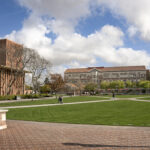Civil Engineering goes way, way back through history back to Roman bridges and aqueducts. Civil engineers still build bridges, and so much more. There are various subsets of the field. General civil professionals do site planning, infrastructure development, coordination to ensure that construction meets government and client standards, etc. Transportation engineers ease traffic congestion, do roadwork, make efficient train lines happen, plan airports, and more. Structural engineers are largely responsible for the complex designs of skyscrapers, and here in California they plan against earthquakes. The environmental focus crosses a civil engineering education with the particular focus in sustainability and a green future. And of course, water resources engineers keep our cities from turning into an unsanitary wasteland. In short, all the civil engineering professions weave together to maintain the healthy fabric of society.
The USC Viterbi School of Engineering offers a robust and intensive civil engineering degree, with the following emphases: Structural, Construction Management, Environmental, Water Resources, and Building Science. Student organizations on campus, such as the Institute for Transportation Engineers or the Construction Management Association connect students with like-minded peers who have similar interests and aspirations. ITE, CMAA, ASCE (American Society of Civil Engineers), and other civil-oriented organizations on campus improve academic and professional engagement. Between the general classes, the various tracks, the organizations, and internship opportunities, you will have a good feel for where you want to start in the civil profession, but you’ll have all the tools you need if you ever want to try something new.

For my own major, I was drawn to USC for the Building Science program, which is essentially architectural engineering. Engineering students get to take two architecture lectures and three full-year design studio classes. The unique part of this program is that these classes are taken at the adjacent USC School of Architecture, and in the later design studios we civil engineers get to collaborate with students majoring fully in architecture. By all accounts the architecture studio classes are challenging and time-consuming but well worth it: the program teaches invaluable design, problem solving, and communication skills that can be applied to any profession.
Civil engineering is a sprawling field! The profession is broad and open. The number of credits and classes in the degree may seem daunting, but they give you insight into all the different aspects of civil engineering. The Viterbi curriculum will teach you how to think like an engineer, how to face challenges, and how to problem-solve. If you can survive this major, you’ll thrive anywhere. One final note: wherever I go, I always hear that there can never be enough civil engineers. Society needs us, and we have an important role to play in creating a sustainable world and tackling grand challenges.
I hope you’ll consider civil engineering!















